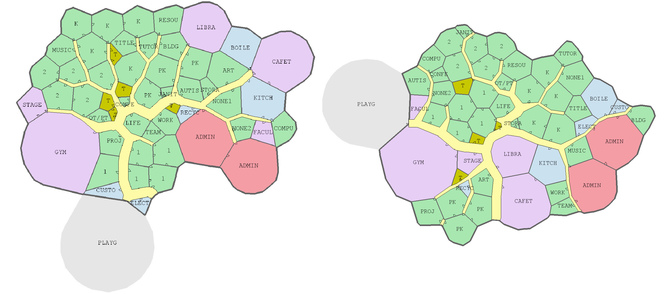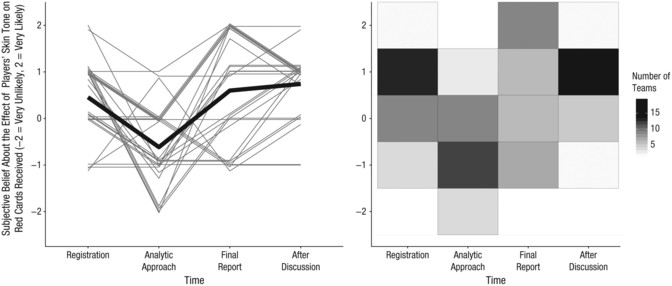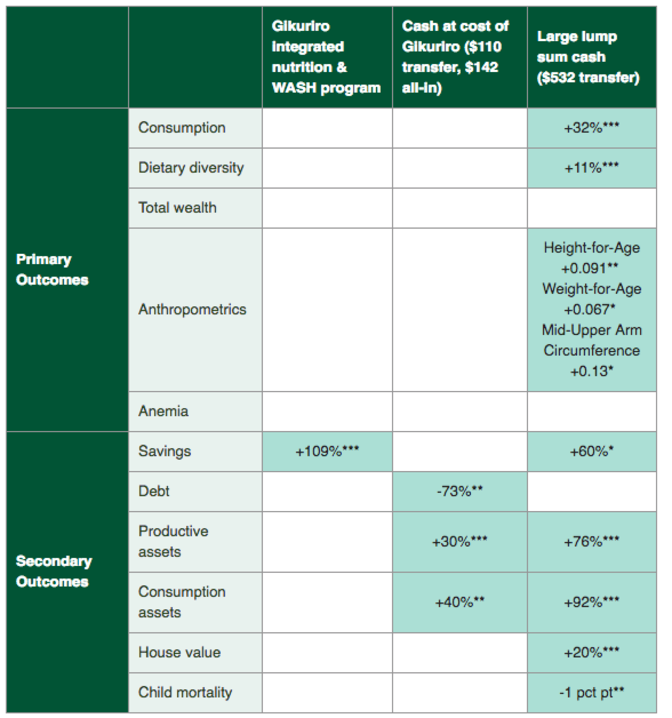Assorted links VIII
Evolving Floor Plans is an experimental research project exploring speculative, optimized floor plan layouts. The rooms and expected flow of people are given to a genetic algorithm which attempts to optimize the layout to minimize walking time, the use of hallways, etc.

Really good ocean. Not the best hurricane basin, but very large and full of swift currents and interesting fauna. If you’re only going to see one ocean, it should be this one. —Kiefer Hicks
One star deducted due to great big garbage patch. One additional star deducted for proximity to California. Try visiting the Atlantic Ocean instead. Pic unrelated. —Edward Drawde
Interesting example of unintended consequences:
So, the potential logic here is that if your parents know you are going to end up living with them (and supporting them—not living in their basement and eating their food), they’ll invest more in your education. […] On average, [after the introduction of a national pension program,] fully treated women experience a 6.7 percentage point (7.6 percent) drop in the likelihood of completing primary school, a 3.3 percentage point (10 percent) drop in secondary, and a 1.1 percentage point (20 percent) drop in attending university.
Vividly illustrates the garden of forking paths (Gelman and Loken 2013):
Twenty-nine teams involving 61 analysts used the same data set to address the same research question: whether soccer referees are more likely to give red cards to dark-skin-toned players than to light-skin-toned players. Analytic approaches varied widely across the teams, and the estimated effect sizes ranged from 0.89 to 2.93 (Mdn = 1.31) in odds-ratio units. Twenty teams (69%) found a statistically significant positive effect, and 9 teams (31%) did not observe a significant relationship. Overall, the 29 different analyses used 21 unique combinations of covariates.
[…]
Analysts’ subjective beliefs about the research hypothesis were assessed four times during the project: at initial registration (i.e., before they had received the data), after they had accessed the data and submitted their analytic approach, at the time final analyses were submitted, and after a group discussion of all the teams’ approaches and results.

More long-term results on direct cash transfers. Also mixed. See earlier discussion. Awaiting GiveWell’s promised update eagerly.

Gelman, Andrew, and Eric Loken. 2013. “The Garden of Forking Paths: Why Multiple Comparisons Can Be a Problem, Even When There Is No ‘Fishing Expedition’ or ‘P-Hacking’ and the Research Hypothesis Was Posited Ahead of Time.” Department of Statistics, Columbia University. http://www.stat.columbia.edu/~gelman/research/unpublished/p_hacking.pdf.